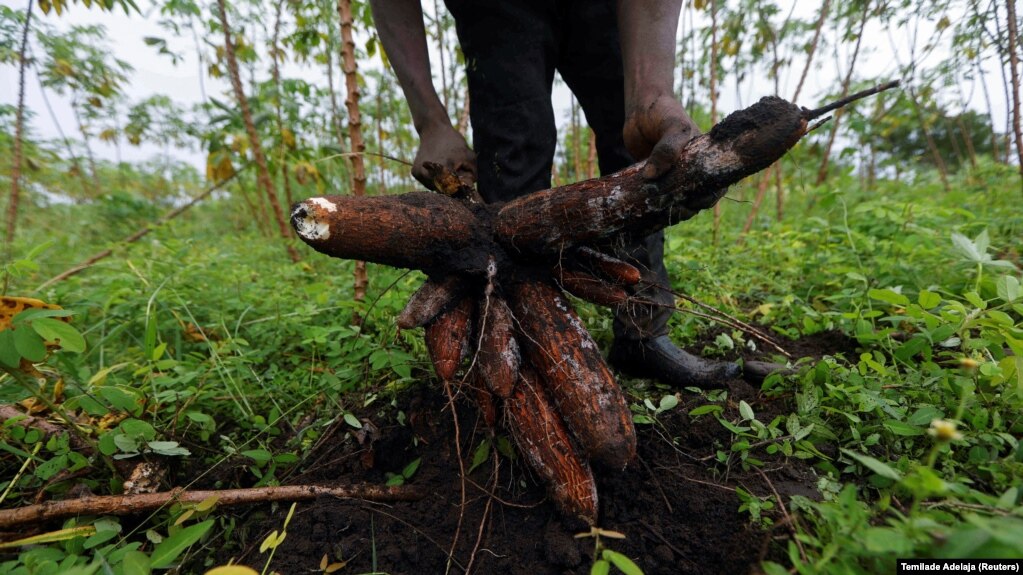
A container ship is docked at the Ports of Los Angeles and Long Beach, California in this aerial photo
Lisa Baertlein and Kanjyik Ghosh
Wed, June 14, 2023
(Reuters) -The Longshore union and employers of 22,000 dockworkers at U.S. West Coast ports on Wednesday said they have reached a tentative deal on a new six-year contract, ending 13 months of talks and easing supply chain worries.
The deal was reached with assistance from Acting U.S. Labor Secretary Julie Su, the International Longshore and Warehouse Union (ILWU) and the Pacific Maritime Association (PMA) employer group said in a joint statement.
President Joe Biden, who dispatched Su to the negotiations in San Francisco earlier this week, said she "used her deep experience and judgment to keep the parties talking, working with them to reach an agreement after a long and sometimes acrimonious negotiation."
The agreement, covering workers at ports stretching from California to Washington State, is subject to ratification by both parties. The ILWU and PMA declined to provide details on the deal.
"The tentative agreement delivers important stability for workers, for employers and for our country's supply chain," Su said in a statement on Wednesday.
PMA President James McKenna and ILWU International President Willie Adams said in a joint statement: "We are also pleased to turn our full attention back to the operation of the West Coast Ports".
Workers covered by the agreement are based at some of the nation's busiest seaports, including Los Angeles/Long Beach - the busiest ocean trade gateway in the United States. They have been working without a contract since July 1 and have been seeking a share of pandemic cargo surge profits and retroactive pay.
The tentative deal comes as retailers like Walmart and Target are starting to land merchandise for the critical back-to-school, Halloween and Christmas retail shopping seasons. Manufacturers, automakers and food producers who import or export goods also rely on the Pacific Coast ports.
West Coast port market share dipped after some customers shifted cargo to rival East Coast and Gulf Coast ports to avoid potential labor disruptions during the negotiations. It also comes as drought conditions affecting the Panama Canal make it more difficult and expensive to send goods from China to those alternate ports.
The agreement "brings the stability and confidence that customers have been seeking," Port of Los Angeles Executive Director Gene Seroka said on Twitter. "We look forward to collaborating with our partners in a renewed effort to bring back cargo."
(Reporting by Lisa Baertlein in Los Angeles and Kanjyik Ghosh in Bengaluru; Editing by Christopher Cushing, Michael Perry & Simon Cameron-Moore)









